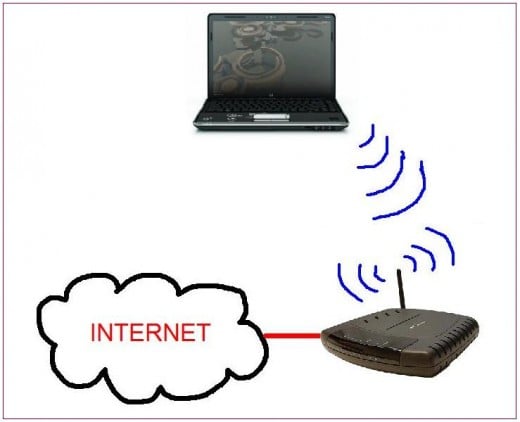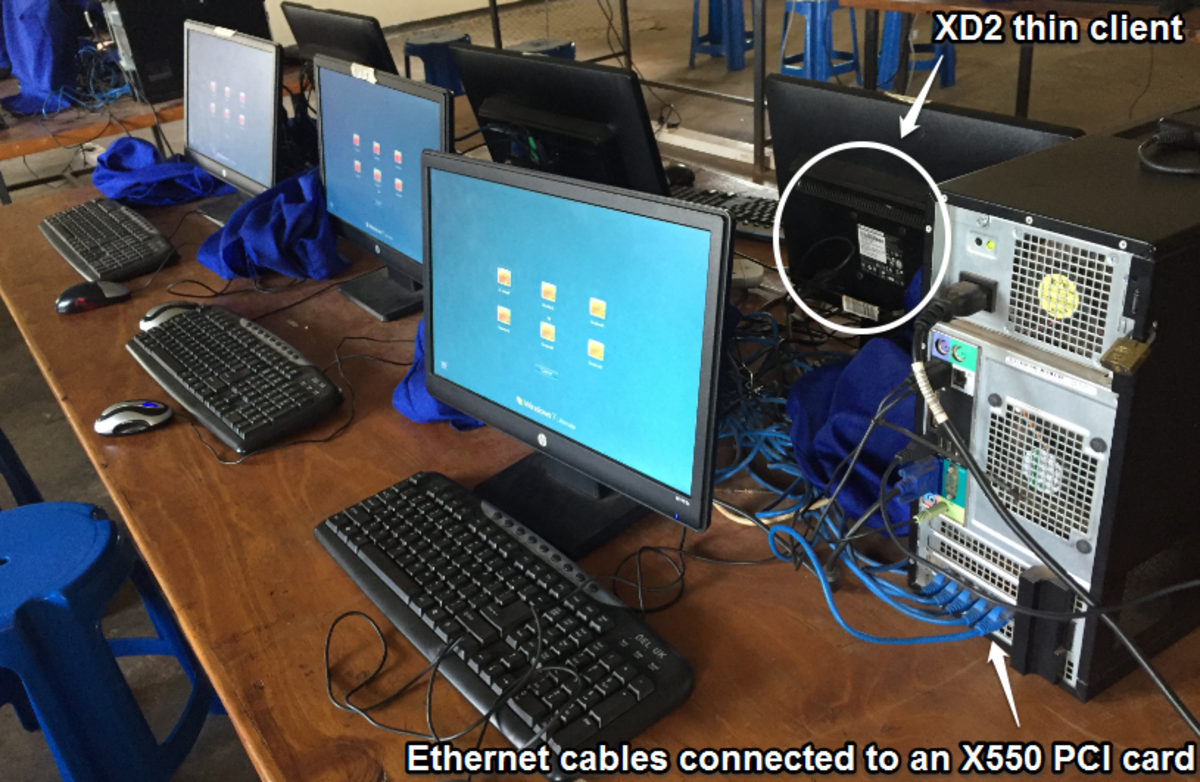- HubPages»
- Technology»
- Computers & Software»
- Computer How-Tos & Tutorials
The Wireless Standards
What is Wireless LAN? It is simply everything about the same old LAN except for one thing... no wires! No more spaghetti incidents. It is definitely easier to maintain and very convenient but presents a great challenge when it comes to security.

Wireless LAN has been around in the 1970's where it is called IEEE 802.11 and had speeds of 1Mbps and 2Mbps using Direct Sequence Spread Spectrum (DSSS) and Frequency Hopping Spread Spectrum (FHSS). WLANs provide unprecedented mobility! But this freedom of mobility comes with a very high price, security. Unsecured or unencrypted WLANs can easily be snooped and get all the important SSID. Even the more secure WEP security protocol is still vulnerable to several attacks. Bottom line, WLANs are easily hacked.
There are multiple flavors of 802.11 protocol that exist today. The 802.11a, 802.11b, 802.11g, and 802.11n.
802.11a Standard
802.11a is the standard of choice for organization that want maximum performance and usability from their wireless LANs. The maximum transmission rate per channel is 54Mbps operating in the 5GHz radio band. It supports eight channels at distances up to 25 feet. There is no backward compatibility with 802.11b technology there it won't inter-operate with each other in the same place. It also cost much higher than other standards. Due to several disadvantages, 802.11a is considered obsolete today.
802.11b Standard
802.11b is considered the first generation in wireless network since it was used by the majority of wireless LANs and also in home networks. The maximum transmission rate is 11Mbps operating in the 2.4GHz radio band. It supports three channels at distances up to 350 feet. This standard is readily available, easy to obtain and affordable. Products are certified for inter-operability by the Wi-Fi Alliance. The technology is robust and reliable. The three channel limits the number of simultaneous users which is a disadvantage. It is also susceptible to Bluetooth, microwave and other interference.
802.11g Standard
802.11g is the third modulation standard that was released after merely 3 years. The maximum transmission rate is 54Mbps operating in the 2.4GHz radio band. It is basically the combination of 802.11a and 802.11b which makes it more superior and flexible for network infrastructures. The hardware is fully backwards compatible with 802.11b hardware that's why it was rapidly adopted by consumers. Almost all wireless products the come out today is 802.11g including portable devices, wireless printers, and others.
802.11n Standard
802.11n is the most recent standard that is about to be released this year which improves upon the previous modulation by adding multiple-input multiple-output (MIMO). Although this standard is relatively new, a lot of enterprises are beginning to migrate to this wireless network standards due to its new features. 802.11n should be able to support up to 100Mbps transmission rate, improved bandwidth, and backwards compatibility.
The wireless standards will continue to develop and will become more robust to better adopt to the needs of large enterprises as well as small and home networks.
Related Links:
- How to Install a Wireless Network Adapter
If you haven't installed a wireless network, yet, check out these instructions on how to install a wireless network in your home. Nowadays, most computers come built-in with a wireless adapter, and you will... - How to Encrypt a Wireless Networks
If you have a wireless network at home or your office, you need to encrypt it. If you are not encrypting it, you are just crazy. You are paying a monthly bill for your Internet service, in some cases, this... - How to Install a Wireless Network
The most common type of Internet network in a home has become a wireless one. When the kids, the home office and the parents all have a computer, running cables from room-to-room and floor-to-floor is... - 5 Best Ways to Secure your Wireless network.
There are 5 best ways to secure your Wireless network. This blogs helps you to understand those five basic ways to secure your wireless network from hacking beginners. They are 1) WEP encryption 2) WPA...








